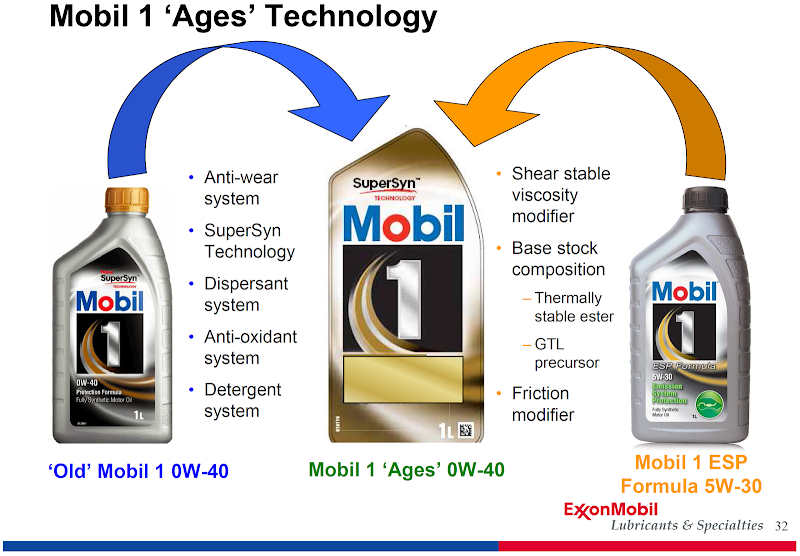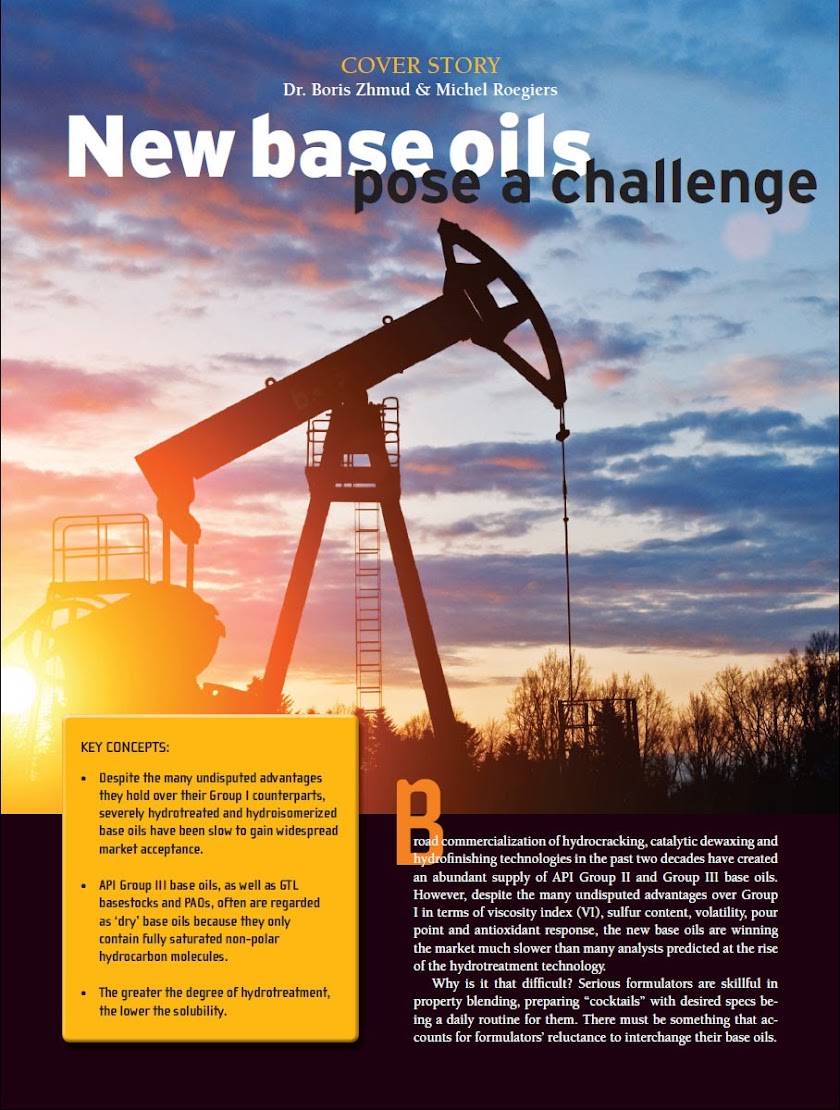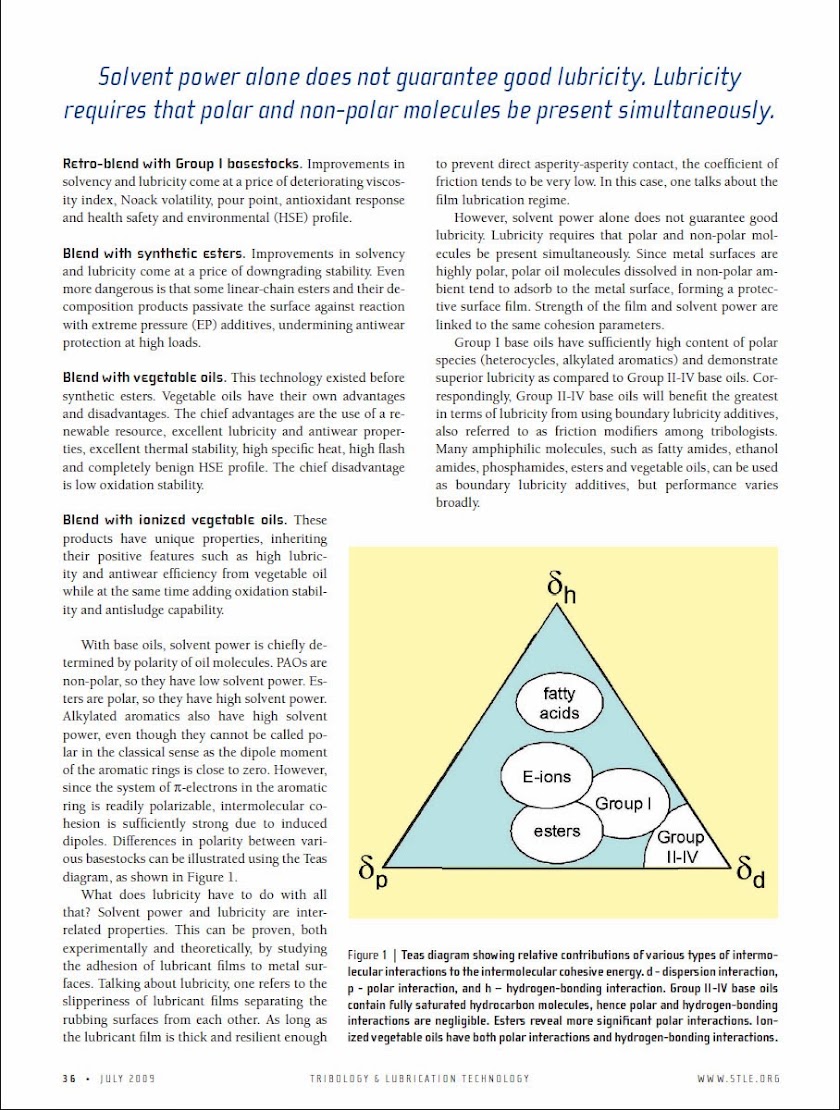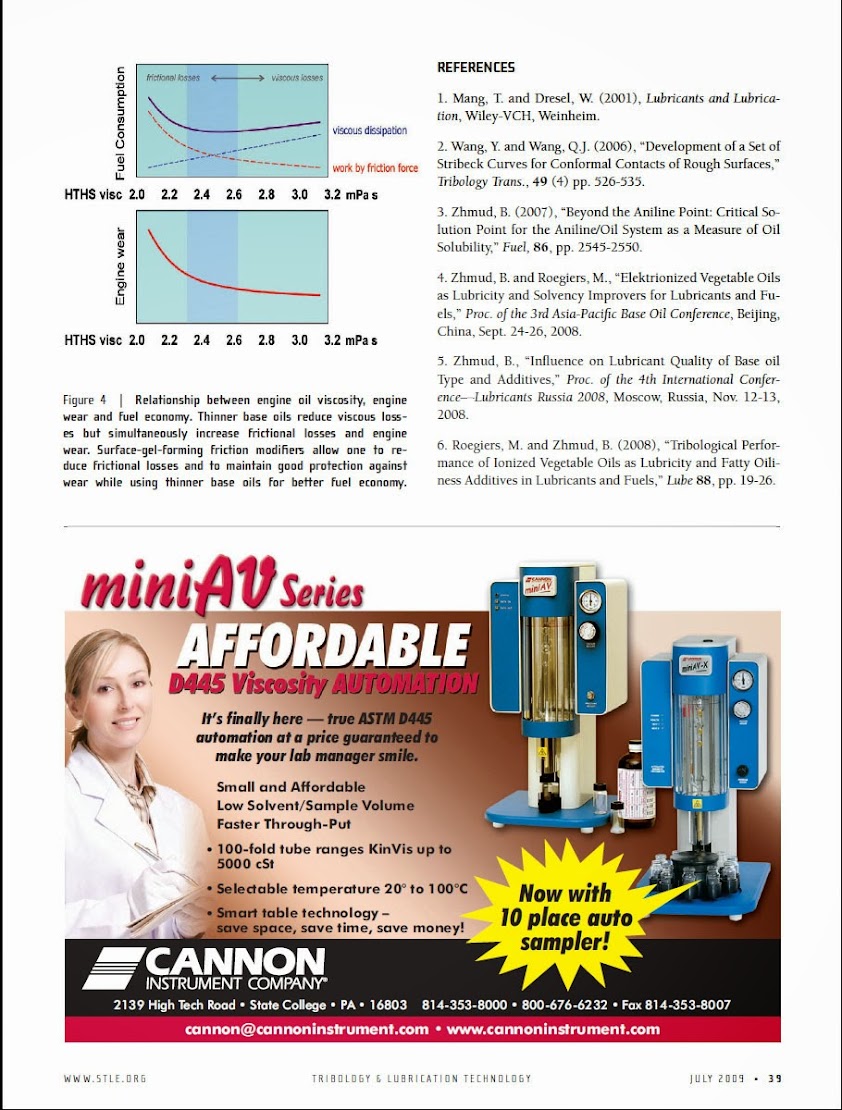Most vehicles, especially luxury brands nowadays, come with 2 years of free oil changes, after that time, most owners do not change their own engine oil.
I have never heard or read a post from anyone with an engine oil related issue where warranty was denied.
It would not make economical sense for an oil company to test and license every product for every OEM on the planet for a nonexistent market share.
For example brand XYZ 0W40 CK-4/SN may pass every OEM and certification under the sun where 0W40 is an approved grade, but not say so on the label.
Where I am at with engine oil is, I look at the product, the reputation of the oil company, what it can do in what engines, applications, and fuel type, and go from there.
I'm not interested in setting long drain records. If an engine oil is 1/3 the price, looks like a sensible alternative to a licensed product, I'll run that and change it with 25% left on the OLM.
I have a yard full of old beaters that love good used engine oil, so nothing goes to waste.
I have never heard or read a post from anyone with an engine oil related issue where warranty was denied.
It would not make economical sense for an oil company to test and license every product for every OEM on the planet for a nonexistent market share.
For example brand XYZ 0W40 CK-4/SN may pass every OEM and certification under the sun where 0W40 is an approved grade, but not say so on the label.
Where I am at with engine oil is, I look at the product, the reputation of the oil company, what it can do in what engines, applications, and fuel type, and go from there.
I'm not interested in setting long drain records. If an engine oil is 1/3 the price, looks like a sensible alternative to a licensed product, I'll run that and change it with 25% left on the OLM.
I have a yard full of old beaters that love good used engine oil, so nothing goes to waste.








